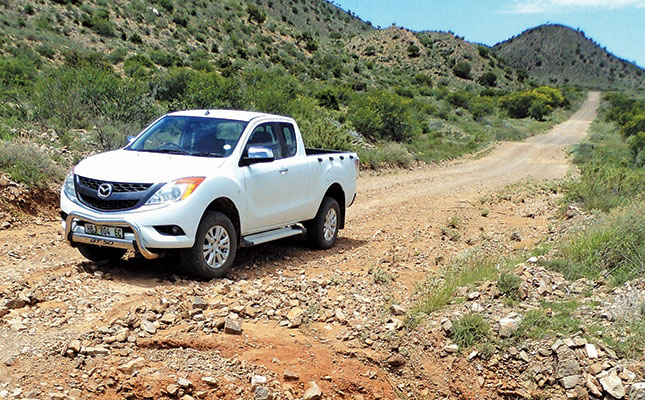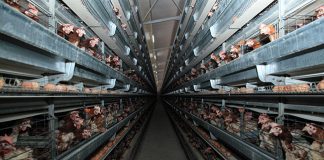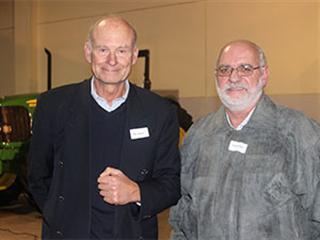
South Africa’s farmers and consumers who are already reeling from the record national fuel prices that hit the country in early October, should brace for these prices to increase even further in early November.
According to FNB’s Economics Weekly newsletter of 19 October 2018, the fuel price under-recovery on this date stood at 15c/litre for petrol and at a “substantial” 50c/litre for diesel.
The newsletter said that the under-recovery still needed to be recovered at fuel pumps and that “timing around when this cost will be passed on [to motorists] remains uncertain”.
Farmer’s Weekly already reported in mid-September 2018 that, according to Corné Louw, a senior economist with Grain SA, in many instances diesel had now become the second highest input cost after fertiliser in the country’s summer crops production for the 2018/2019 season.
In Agbiz’s Morning Market Viewpoint on Agri-Commodities for 23 October 2018, the chamber’s head of agribusiness intelligence, Wandile Sihlobo, wrote that plantings of maize and other summer grains for South Africa’s summer production season was slowly gaining momentum.
Harvesting of the Western Cape’s 2018 winter wheat crop was expected to begin soon. Both planting and harvesting are activities requiring significant volumes of fuel inputs.
A mid-October statement by the Automobile Association of SA (AASA) said that international crude oil prices remained “stubbornly high”.
Although this was yet to be confirmed, the AASA statement added that “petrol prices are currently set for a 40c/litre increase, while diesel and illuminating paraffin could spike by 70c and 65cs respectively [in early November 2018”.
The AASA called on government to prioritise economic policies that inspire investor confidence.
“A stronger and more stable rand is the country’s only defence against the vagaries of the international oil price,” the association’s statement said.











